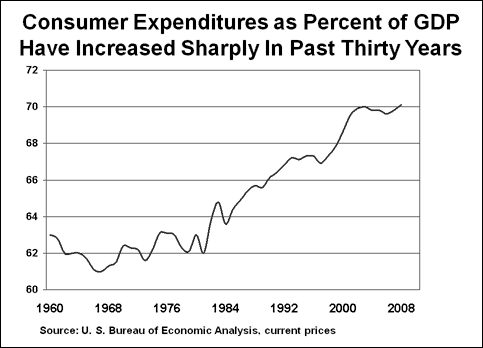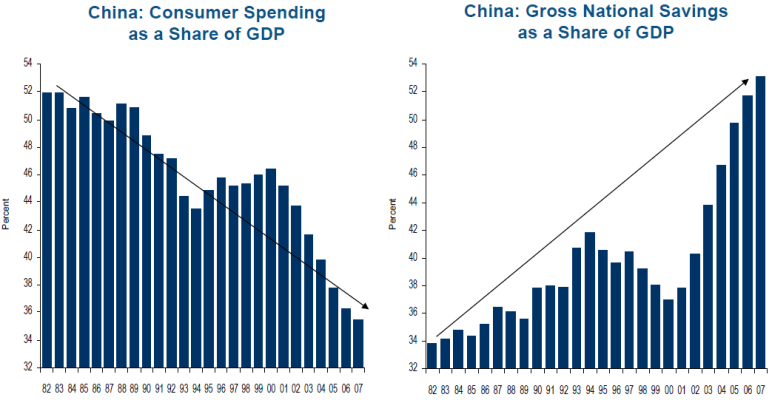.....
1. I don't have time to review my plan. Make time, it's important.
2. I want a sure thing for my retirement, someone owes that to me. No sure thing, like everything in life, you need to work at it. Nobody, in your generation or future, owes you a retirement.
3. I hope Social Security keeps me afloat. SS was never intended to be a sole source of retirement income, don't expect it to be in the future. Do not expect the government, or other people, to provide you an income if you chose not to save. I noticed most of the people profiled with problems lived in nice houses with big screen TV's, one was typing away on a $1300 MacBook - umm........



